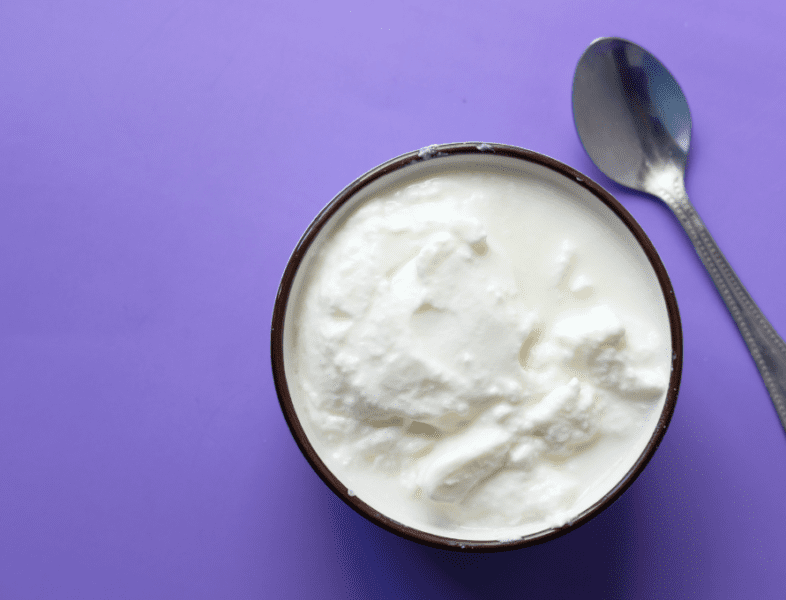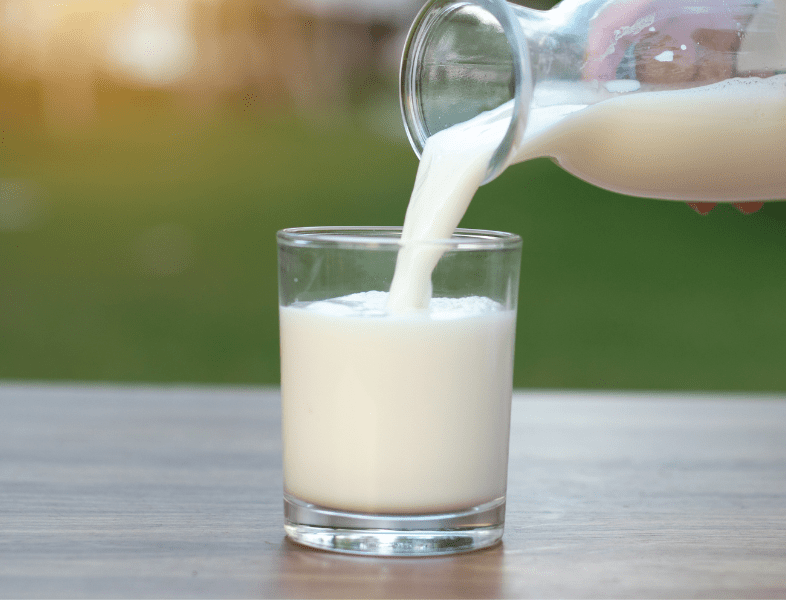Dairy and Diabetes FAQs
Studies show that drinking low-fat milk can lessen the risk of developing type 2 diabetes. The health benefits of dairy products such as milk are why these foods are recommended daily for most Americans.
For added benefit on blood sugar levels, select milk options with minimal to no added sugar (added sugar amounts are located on the Nutrition Facts Label). Working with a registered dietitian nutritionist is one of the best ways to ensure a person with diabetes is obtaining an appropriate balance of carbohydrates and other nutrients.
Yogurt and milk are nutrient-rich foods that are good sources of a variety of nutrients, including protein and calcium. Research has shown that yogurt and low-fat dairy foods can reduce the risk of developing type 2 diabetes.
Yogurt and other dairy foods do contain some carbohydrates, which breaks down into glucose, a form of sugar that enters the bloodstream and is used for energy. However, the protein in these foods can help better regulate blood sugar levels. High-protein, lower-carbohydrate options such as Greek and low-sugar yogurts are great options for better blood sugar management and for individuals with diabetes and prediabetes.
Foods rich in high-quality protein like cheese can be nutritious options for people with type 2 diabetes. Pairing foods classified as high in carbohydrates with cheese or other proteins can help to prevent elevated blood sugar levels.
The Dietary Guidelines for Americans (DGAs) recommend low-fat dairy options, and many cheeses now have reduced-fat or non-fat varieties that maintain its high-quality protein. The DGAs also recommend limiting saturated fat intake to no more than 10 percent of total calories per day.
Cheddar, mozzarella, provolone, cottage cheese, ricotta, and feta are some options to consider.
Full-fat cheeses can also fit into a healthy dietary pattern that keeps saturated fat within those calorie limits.

 In addition to
In addition to 



